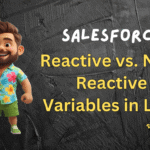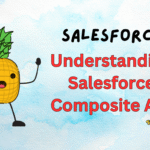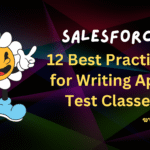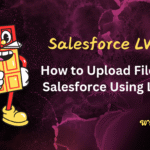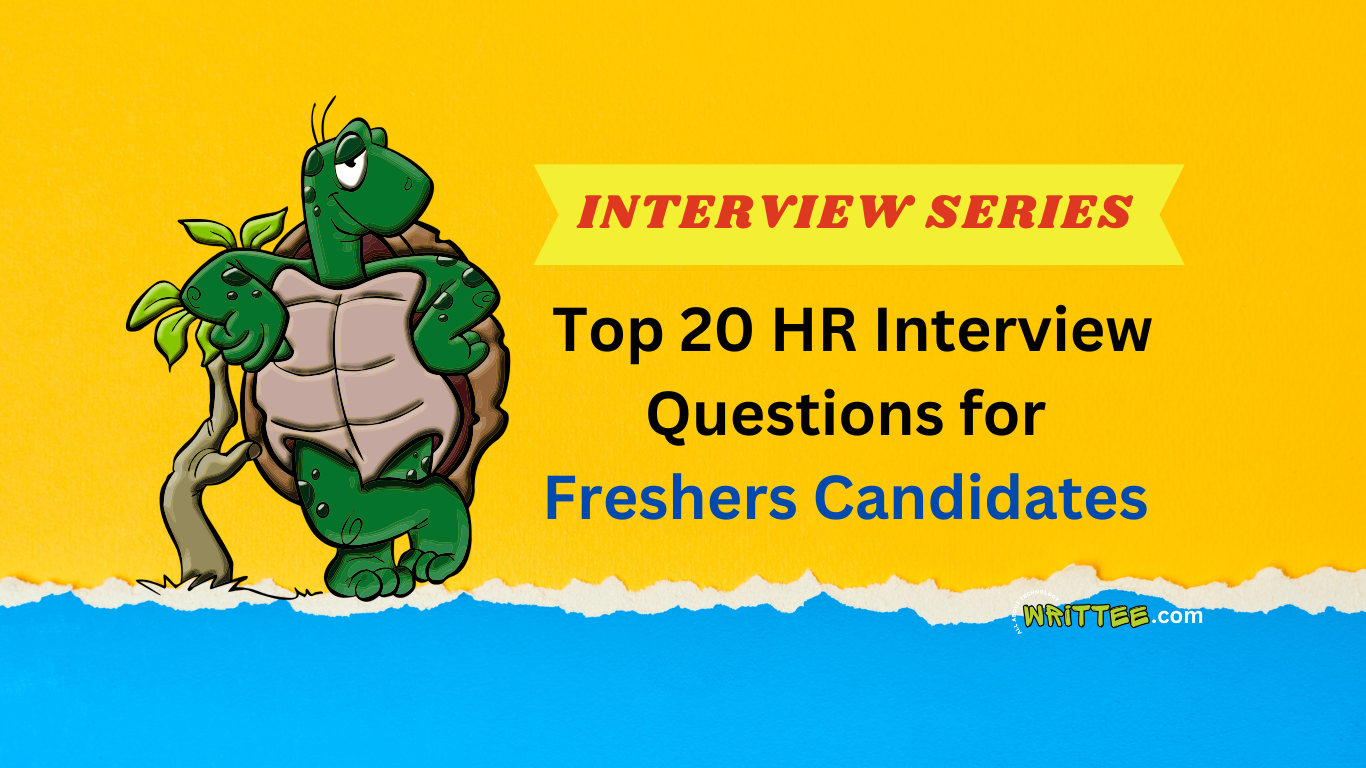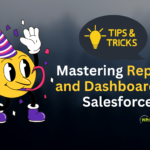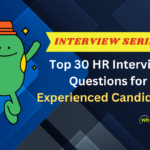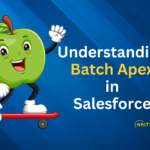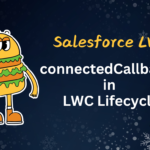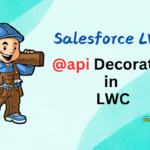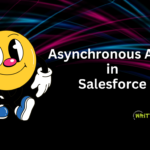Introduction
Landing your first job in the IT or software industry is an exciting milestone! However, the HR interview can be a bit intimidating, especially if you’re unsure what to expect.
HR interviews are designed to assess your personality, communication skills, and cultural fit within the company.
To help you prepare, we’ve compiled a list of 25 essential HR interview questions for freshers, along with sample answers to guide you.
1. Tell me about yourself.
Answer:
This is often an ice-breaker question. Share a brief summary of your background, educational achievements, and what excites you about your career in IT.
Example:
“Hi, I’m [Your Name], and I recently graduated with a degree in Computer Science from [Your University]. During my studies, I developed a strong interest in software development, particularly in Java and Python.
I completed two internships where I worked on web development projects and collaborated with teams to deliver solutions. I’m excited to start my career in the IT industry and contribute to innovative projects.”
2. Why do you want to work in the IT/software industry?
Answer:
Talk about your motivation for choosing a career in IT, mentioning specific aspects of technology that excite you.
Example:
“I’ve always been fascinated by how technology can solve real-world problems.
I love the creativity and logic involved in coding, and the continuous learning in IT keeps me excited about my work. This field allows me to make a positive impact, which is very motivating.”
3. What do you know about our company?
Answer:
Demonstrate your research about the company by mentioning their products, achievements, or values.
Example:
“I know that ABC Corp is a leader in cloud solutions and has a strong commitment to innovation and customer service. I was impressed by your recent project in AI development and the awards you’ve won for workplace culture. I admire your focus on both technology and employee growth, which is why I am excited to join.”
4. Why should we hire you over other candidates?
Answer:
Highlight unique skills, academic achievements, or project experiences that set you apart.
Example:
“I believe my strong foundation in Java, Python, and SQL, along with my project experience in data visualization, makes me a strong fit. I bring a fresh perspective and a commitment to learning quickly, which would allow me to contribute effectively to your team.
My internships have given me practical experience, and I’m confident I can add value to your projects.”
5. What are your strengths and weaknesses?
Answer:
For strengths, choose relevant skills. For weaknesses, be honest and mention how you’re improving.
Example:
“My strengths include strong problem-solving skills, attention to detail, and the ability to learn quickly. During my internships, I was often praised for my ability to debug code efficiently and deliver projects on time.
I tend to be a perfectionist, which sometimes slows me down. However, I’ve been working on prioritizing tasks and setting realistic deadlines to manage this better”
6. How do you keep yourself updated with new technologies and industry trends?
Answer:
Explain your methods, like reading blogs, taking online courses, or following tech influencers.
Example:
“I follow industry blogs, subscribe to newsletters like TechCrunch, and take courses on platforms like Coursera. I also participate in online forums and attend webinars, which help me stay up-to-date with new technologies and trends.”
7. Describe a project you worked on during college or an internship.
Answer:
Mention a specific project, your role, and what you accomplished or learned.
Example:
“During my internship, I worked on developing a web-based task management app. My role was to build the front end using HTML, CSS, and JavaScript. I learned a lot about UI/UX principles and collaborating with a team, which helped us deliver the project on time.”
8. Can you describe a time when you faced a challenge and how you overcame it?
Answer:
Use the STAR method (Situation, Task, Action, Result) to structure your answer.
Example:
“During a group project, our code wasn’t integrating due to conflicting styles. I suggested a code review session where we standardized our approach. This improved our teamwork and led to a successful project outcome.”
or
“During my internship, we faced a bug that delayed our project. I took the initiative to analyze the code, consulted with my team, and found a solution. We delivered the project on time, and I learned the importance of persistence and teamwork”
9. How do you handle tight deadlines and pressure?
Answer:
Describe your time management strategies and provide an example.
Example:
“I handle pressure by breaking tasks into manageable parts and prioritizing them.
In college, I had three project deadlines in the same week. I created a schedule to tackle each project and completed them successfully.”
10. Are you comfortable working in a team? Can you give an example?
Answer:
Express your willingness to collaborate and share an example.
Example:
“Yes, I enjoy teamwork. During my final year project, we developed an e-commerce website, and I was responsible for the database. We regularly met to ensure our sections worked well together, and this collaboration was key to our project’s success.”
11. Where do you see yourself in 5 years?
Answer:
Describe your career goals in relation to the company’s growth.
Example:
“In five years, I see myself as a skilled software engineer, taking on leadership responsibilities, mentoring junior developers and contributing to major projects. I am excited about growing with your company and bringing value to your teams.”
12. What programming languages or tools are you most comfortable with?
Answer:
List your technical skills and tools you’re proficient in.
Example:
“I am comfortable with Java, Python, and JavaScript. I’ve also worked with SQL for database management and have experience using Git for version control.”
13. How would you approach learning a new technology or skill?
Answer:
Mention your learning process, such as online resources, hands-on practice, and consulting experts.
Example:
“I start with online tutorials, practice by building small projects, and then review documentation to deepen my understanding. I also reach out to experts for advice when needed.”
14. Describe a time when you received constructive criticism. How did you handle it?
Answer:
Show that you’re open to feedback and can improve from it.
Example:
“In a group project, my professor pointed out that my code could be optimized. I appreciated the feedback, revised my code, and learned new optimization techniques, which improved our project.”
15. How do you prioritize tasks when working on multiple projects?
Answer:
Explain your time management and prioritization strategy.
Example:
“I use a priority matrix to rank tasks based on urgency and importance. I also set deadlines for each task, which helps me stay organized and complete projects on time.”
16. What are some of the latest technologies or innovations in IT that interest you?
Answer:
Mention technologies you’re genuinely interested in and why.
Example:
“I am interested in AI and machine learning, especially natural language processing. It’s fascinating how AI can improve customer service, such as chatbots, and streamline business processes.”
17. Have you worked on any personal or side projects?
Answer:
Highlight a project that demonstrates your skills and passion for IT.
Example:
“I built a personal finance tracker app using Python and Flask. It helped me apply my knowledge in real-world scenarios, and I learned a lot about back-end development.”
18. How do you handle failure?
Answer:
Share an example and explain what you learned from it.
Example:
“In college, I didn’t pass a coding exam on my first try. I reviewed my mistakes, practiced harder, and passed with a better score the second time. This taught me resilience and the importance of learning from setbacks.”
19. Why do you think you’re a good fit for this role?
Answer:
Connect your skills and experiences to the job requirements.
Example:
“My skills in programming, problem-solving, and teamwork align with the requirements of this role. I am excited to bring my technical skills to a company where I can learn and contribute to impactful projects.”
20. What motivates you?
Answer:
Share what drives you professionally.
Example:
“I’m motivated by solving challenging problems and seeing my work make an impact. I also enjoy learning new technologies and improving my skills.”
21. What are your hobbies?
Answer:
Keep it professional and relevant.
Example:
“I enjoy coding side projects, reading tech articles, and playing chess. These hobbies help me stay creative and improve my problem-solving skills.”
22. How do you handle criticism?
Answer:
Show that you’re open to feedback.
Example:
“I see criticism as an opportunity to improve. During my internship, my manager pointed out areas where I could improve my code readability. I took the feedback positively and worked on it, which made me a better developer.”
23. Are you willing to relocate?
Answer:
Be honest about your flexibility.
Example:
“Yes, I’m open to relocating for the right opportunity. I’m excited about the prospect of working with your team and contributing to your projects.”
24. How do you manage work-life balance?
Answer:
Show that you value balance.
Example:
“I prioritize my tasks and set boundaries to ensure I have time for both work and personal activities. I believe a healthy balance improves productivity.”
25. Do you have any questions for us?
Answer:
Ask questions to show your interest in the role and company.
Example:
-
- “Yes, could you tell me more about the team I’d be working with? I’d also love to know what a typical day in this role looks like and the opportunities for professional development.”
-
“What does a typical day look like for this role?”
-
“What are the opportunities for learning and growth in the company?”
-
“How does the company support employee well-being?”
Conclusion
Preparing for these questions will help you build confidence and make a great impression during your HR interview. Remember, be honest, keep answers relevant to the job, and showcase your enthusiasm for the role.
Good luck!





